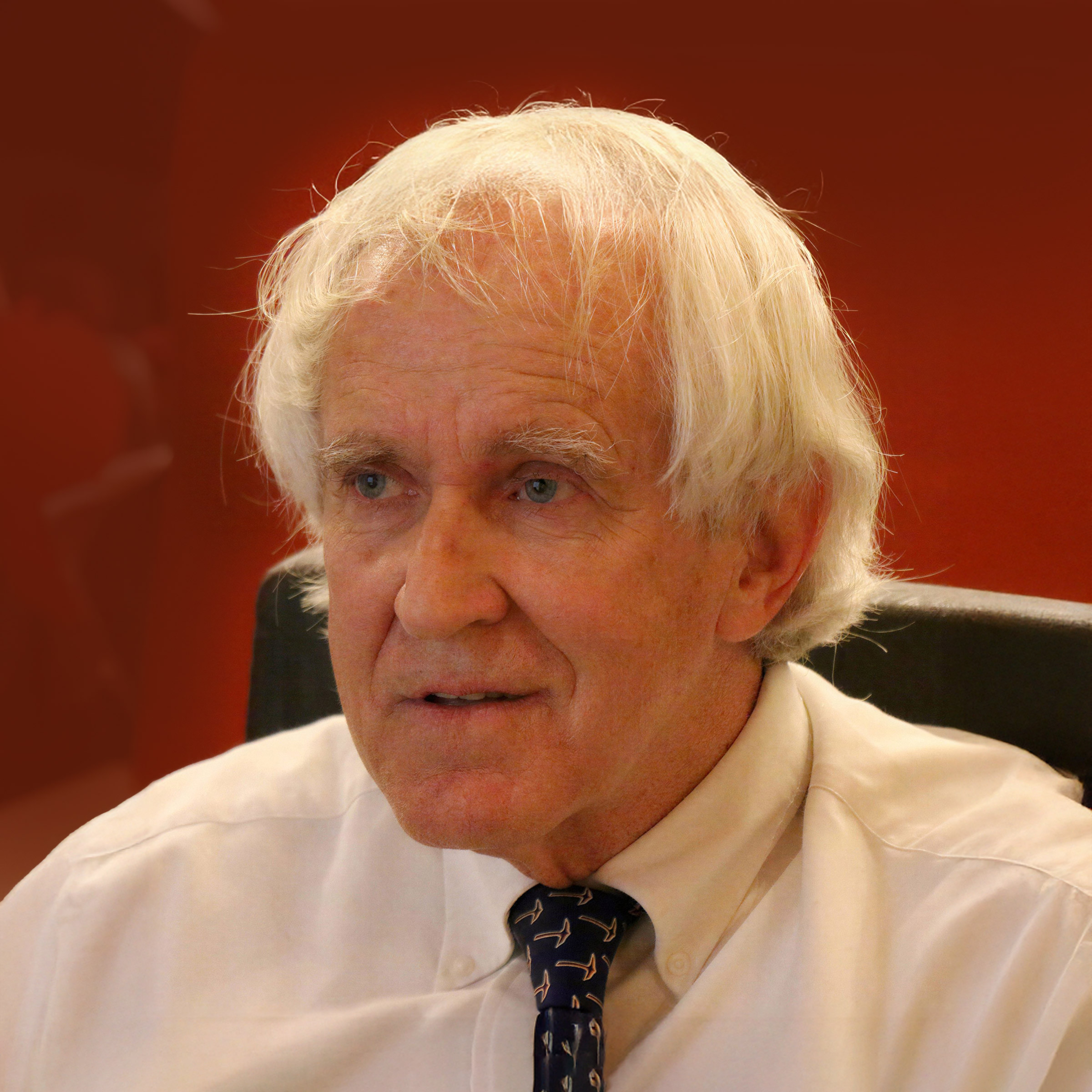One measure of the impact of the new book by engineer Michel-Yves Bolloré, and science writer Olivier Bonnassies is who is talking about it.
The Wall Street Journal was not on my bingo card for that. But here is Opinion page editor-at-large Jerry Baker diving into an interview with Bollaré on God, the Science, the Evidence:
On this episode of Free Expression, Gerry Baker speaks with Bolloré, one of the authors of “God, the Science, the Evidence.” They discuss how the Big Bang and the creation of the universe could be the first sign of a creator, how a belief in God is different than having faith, and whether reason can make the case that Jesus Christ was the Son of God.
Watch it here, and here’s the transcript.
Below is an excerpt from the interview:
Gerry Baker: … it’s long been generally thought, I think, in sort of the intellectual world, that the more science has advanced, the more religion has retreated. That many, many things that early humans, and even relatively late humans, well into the Middle Ages and up to the Enlightenment, many things that humans ascribe to divine action, we discovered well, actually, there was a perfectly straightforward physical, material explanation for. And as that’s gone on, that process does seem to have been, to many people anyway, almost inexorable, that religion is increasingly something that’s only observed really, or believed by people who don’t understand that this is the way science works.
In your book, you talk about the Great Reversal, and you’ve just sort of hinted at it there, which is that as we accumulate more scientific evidence, actually we’ve reached a point where maybe instead of continuing to cast doubt on the existence of God, you’re saying that actually, this great reversal; this scientific evidence is beginning to suggest strong evidence for the existence of God.
Michel-Yves Bolloré: Yes. Which is incredible, and it’s important that people know that there is a big, huge reversal of science.
From a science who seemed opposed to the existence of God, we are now in a century where science is the best ally of God.
So if we come back on what you say, it’s perfectly true that if we go from Renaissance in 1500, more or less, at that time, 100% of the people believed in God in Europe. And then modern science appeared, and there has been several shocks for the Christians …
So in the 19th century, after all this shock, as you said, exactly as you mentioned, science seemed to explain everything. God was not necessary at all. And as you said also, it seemed to everybody that science would always go in the same direction.
And what is fantastic, what was surprising, is that at the opposite of everybody’s thought, of what everybody thought, new scientific discoveries, one after the other, in different field of knowledge, came, and said just the opposite. It’s not anymore possible to explain easily the universe if we don’t have the creator God. So this is this great reversal that our book is recounting, is telling to the reader, and it’s a fascinating story…
Four Major Discoveries
Bolloré sees four major discoveries as reversing the tide: First, thermodynamics shows that the universe must have had a beginning; second, the Big Bang is evidence of that beginning; third, the universe is fine-tuned for life; and fourth, life is unexpectedly complex. These discoveries were unexpected and massive efforts have been made to disconfirm them:
Bolloré: I think … these shocks are such that today, scientists need, the scientists who want to remain materialists, they have to believe that our universe had not any beginning. So they have to believe that there is an infinite number of universes, which is called the multiverse, and which is an hypothesis which is extremely strange and without the smallest evidence to build it. So today, I think this reversal of science has made, of the materialism, materialism is a belief, so it has made of the materialism, a belief which is probably, I think, irrational today.
To maintain materialism, scientists must now resort to evidence-free speculations.
But These Facts Have Been Known for Years. What’s Changed?
No doubt fine books will be written about what has changed. For now, here are two factors to throw into the mix: Several famous figures associated with a materialist approach to nature and to human nature died recently: Stephen Hawking (1942–2018) and Daniel Dennett (1942–2024) come to mind.
Also, materialism ended up platforming a war on evidence-based thinking. After all, if everything is material, spiritual concepts like truth are merely illusions. Thus a number of prominent materialists, like Richard Dawkins, have been Canceled for refusing to go along with flatly unscientific popular beliefs that are preferred by opinion leaders. These leaders, now free from traditional respect for fact-based reality, no longer see any reason to defer to science.
In short, when religion wanes, what replaces it is not the calm skies of noble atheism but the snakepit of increasingly unmoored private truth.
With Bolloré and Bonnassies’ work, reality-based thinking is coming back. And the reality is that the universe offers much evidence for God.
Editor’s note: This article is sponsored by Palomar Editions, publisher of God, the Science, the Evidence. However, Discovery Institute staff were responsible for the editorial content of this posting.
Cross-posted at Mind Matters News.









































